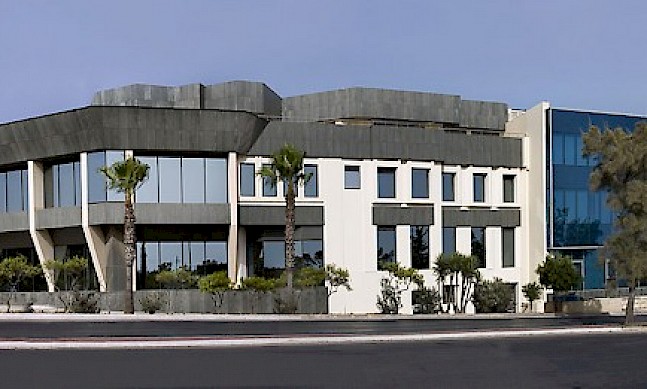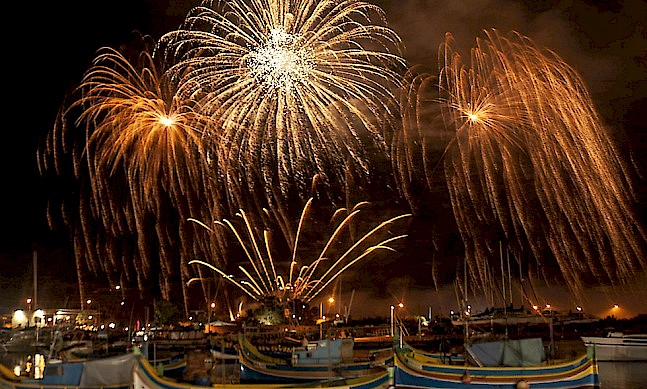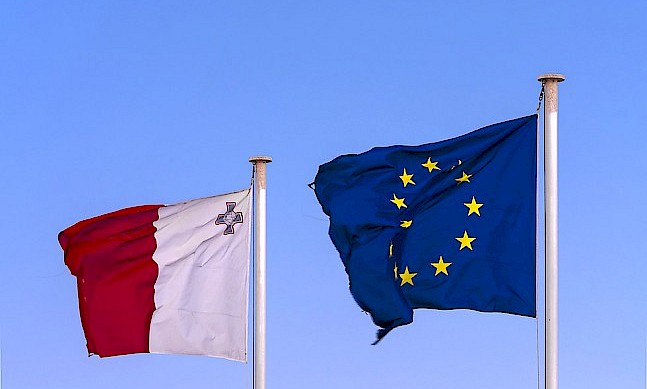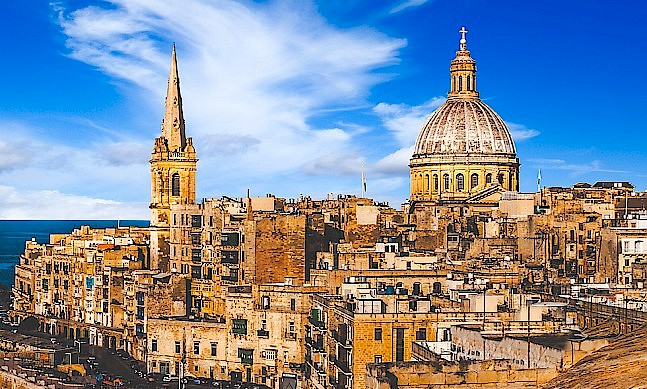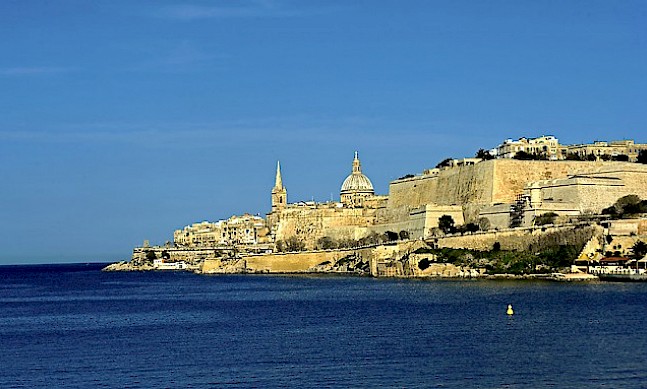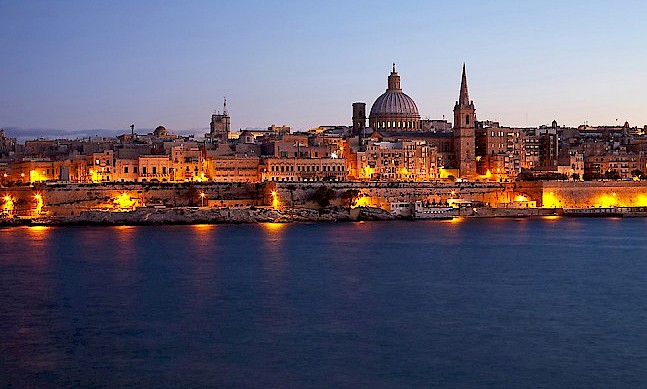Although Malta is situated further south than Tangier and Tunis, its outlook and interests are firmly European. Entry into the European Union was always going to be on the cards despite initial opposition in some political quarters, and this small country has benefitted greatly from its membership of the economic bloc. Situated at the crossroads of Europe, North Africa and the Middle East, Malta has strategic geopolitical importance for Europe as a whole, particularly in the wake of the waves of migration sparked by conflicts in neighbouring countries and the threat posed by Islamic terrorism.
The Maltese economy has been a major beneficiary of EU funding, which successive governments have used wisely to improve its infrastructure, conserve its heritage and prompt social development; all of which has helped enhance the lives of the country’s population. As such, Malta’s decision to apply for EU membership and, after arduous negotiations, its subsequent entry into the bloc in May 2004 was a logical move. As euro-zone states are Malta’s main trading partners, its entry into the single currency bloc at the start of 2008 also made economic sense.
Malta is now gearing up to hold the rotating six-month presidency of the European Council at the start of 2017 for the first time. Ian Borg, the country’s parliamentary secretary for the EU presidency and EU funds, acknowledges the challenges posed in preparing for this, but insists that Malta’s small size should not restrict its thinking on how it goes about the task. The Council presidency presents the opportunity to highlight the particular interests of the EU’s Mediterranean members and also the occasion for Malta to showcase what it has to offer to the rest of the world.
“Valletta will host a summit of eu and african leaders on the pressing issue of migration.”Tweet This
One of the pan-European issues close to Malta’s heart is the issue of people trafficking and illegal immigration, especially given the tragic overturning of several migrant vessels near its shores. The Maltese capital Valletta has been chosen to host a summit of European and African leaders in November to advance policies that address what has become a major issue for the EU as a whole.
Because of its proximity to areas where Islamic radical groups are particularly active, the threat of a terrorist attack on Maltese territory is also a major concern for Malta, especially because of the damage this would inflict on the vital tourist sector; as well as the spillover effect of this on the rest of the economy and its attractiveness for overseas investors.
Although Malta declared itself a republic in 1974 after securing its independence from Britain in 1964, it remains an active member of the Commonwealth, which acts as an international forum for a large group of island states like Malta to discuss issues of particular concern such as economic development and climate change. The secretariat of the Commonwealth’s network of information technology is based in Valletta, which in November will host the Commonwealth Heads of Government Meeting. According to Maltese President Marie Louise Coleiro Preca, the summit is already generating “excitement” about the possibility of new initiatives emerging from it.


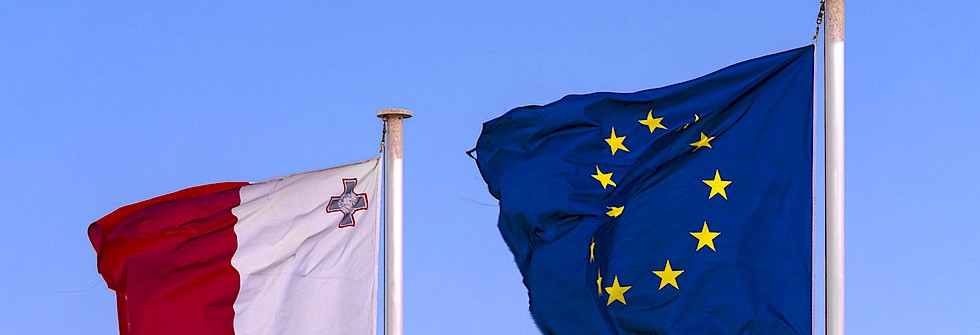 Photo: Warczakoski, Dreamstime
Photo: Warczakoski, Dreamstime


